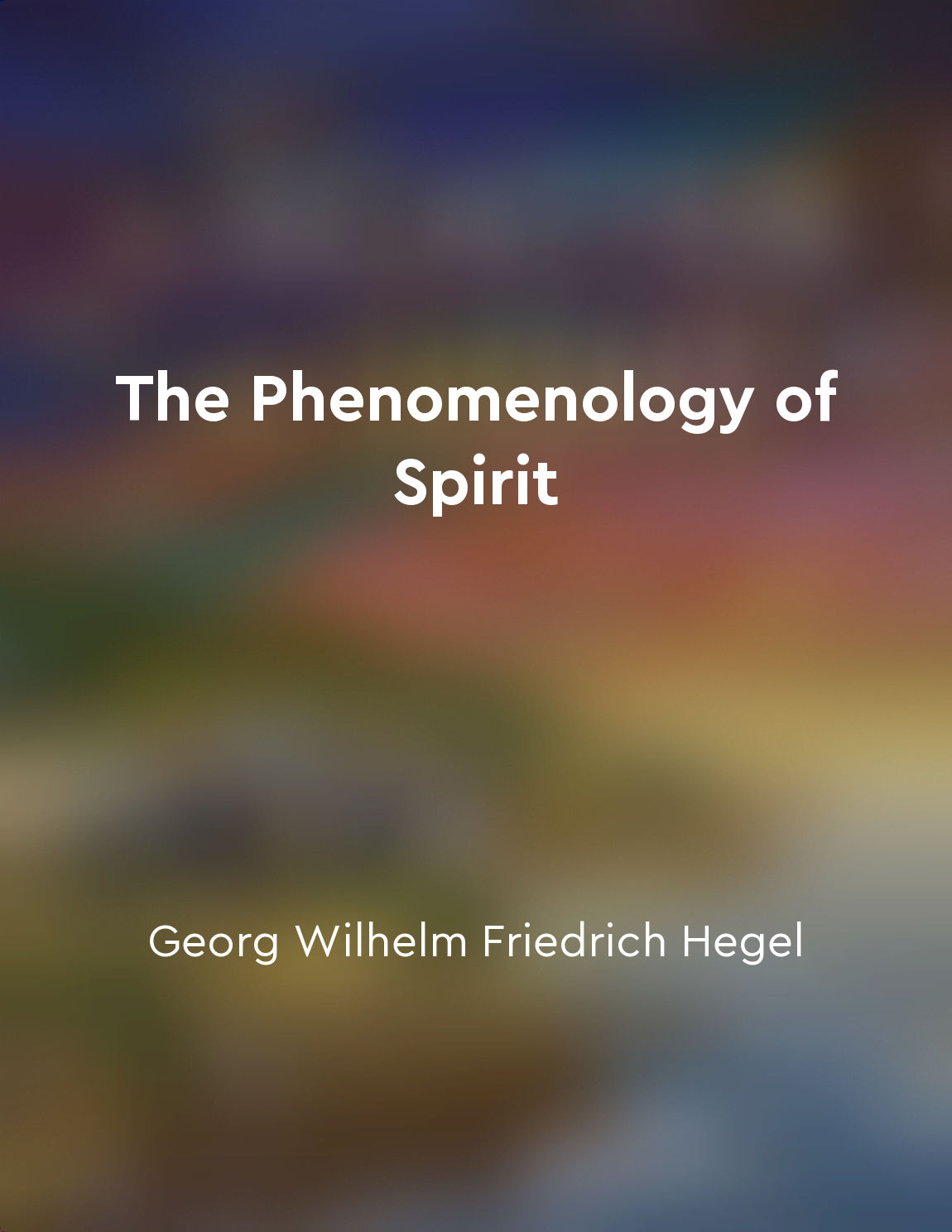Idealism posits the existence of the external world from "summary" of Critique of Pure Reason by Immanuel Kant
Idealism, as a philosophical doctrine, asserts that reality is fundamentally mental or immaterial in nature. It argues that the external world is ultimately dependent on the mind for its existence. This position challenges the traditional view that there is an objective external world that exists independently of our perception of it. Idealism posits that the external world is a construct of the mind, and therefore, its existence is contingent upon our awareness of it. One of the key implications of idealism is that the external world is not something that exists in and of itself but is rather a product of our cognitive faculties. According to this view, the external world is a representation that is mediated by the mind. This means that what we perceive as the external world is actually a mental construct that is shaped by our sensory experiences and cognitive processes. In the Critique of Pure Reason, Immanuel Kant engages with the question of the existence of the external world and the nature of reality. Kant ...Similar Posts
Childhood experiences shape personality
The idea that childhood experiences have a significant impact on shaping an individual's personality is a fundamental concept i...

Desire causes suffering
The Buddha taught that desire is the root of suffering. This may seem puzzling at first, because we often think of desire as so...
Compromise is weakness
Compromise is weakness. That was the prevailing belief among many conservatives. It was seen as a sign of surrender, a lack of ...

Balancing emotion and logic is crucial
When it comes to decision-making, our brains often rely on a delicate dance between emotions and logic. Emotions can be powerfu...
Shift from theoretical to practical philosophy
The shift from theoretical to practical philosophy is a fundamental concept discussed in the work "Feuerbach - The Roots of the...

Historical progress
The movement of historical progress is the process through which human consciousness and self-awareness develop over time. It i...
The scientific method can be a path to spiritual understanding
The scientific method, with its rigorous emphasis on observation, experimentation, and evidence-based reasoning, has long been ...
Mental health is essential for overall wellbeing
The mind is the most delicate and complex part of human beings. It is the seat of intelligence, emotions, and consciousness. Th...
It is a medium through which individuals can explore their innermost thoughts and desires
The imagination serves as a channel through which individuals can delve into the depths of their innermost thoughts and desires...
